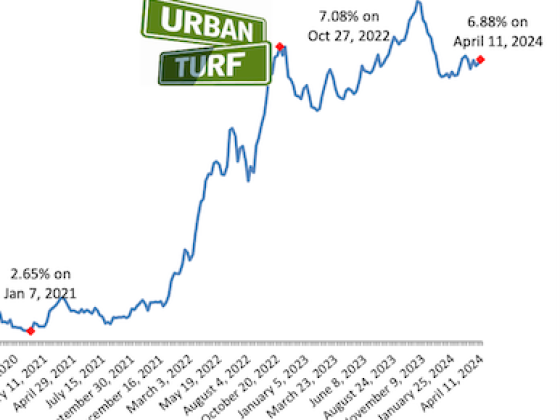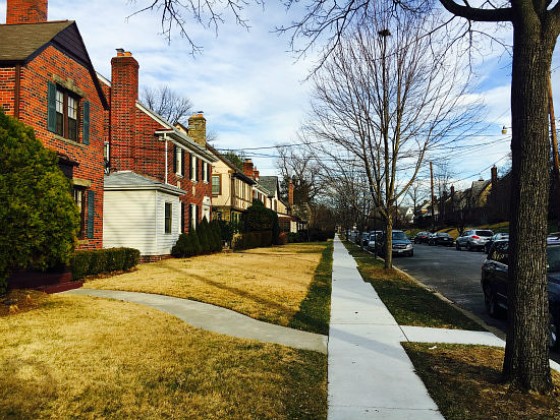 Buyers Week: The Escalation Clause
Buyers Week: The Escalation Clause

A unit that went under contract after receiving 18 offers.
The start of spring is just a few days away, which means that the housing market will soon be in full swing. To get prospective homer buyers ready, UrbanTurf is running a series of articles to help educate readers on the process.
From the offer to the down payment to the mortgage, we'll touch on every facet of the home buying process and more. And if there is another topic that you want covered, just shoot us an email at editor2018@urbanturf.com.
The heat of DC's real estate market means that bidding wars can be a common occurrence. In order to compete in this climate, potential homebuyers are adding escalation clauses so that their offers are as competitive as possible.
What is it, and how does it work?
An escalation clause is an optional part of an offer stating the buyer will increase their offer by X amount over a higher bid — but usually no higher than a stated amount. The clause is only triggered by a competing offer. Here's an example: If Buyer 1 puts in an offer of $500,000 on a home priced at $499,000, and Buyer 2 offers $501,000, Buyer 2 should get the house, right? Well, not if Buyer 1 has an escalation clause increasing her offer to $1,000 above the highest bidder up to a cap of $510,000. In the aforementioned case, Buyer 1 would get the house for $502,000. An escalation clause can move up in various increments, usually ranging from $1,000 to $3,500.
story continues below
loading...story continues above
How does this work with loans?
So how does an escalation clause work with financing? Let's say you put in an offer with a 25 percent down payment, so you are getting a loan of 75 percent of the purchase price from the bank. If an offer with an escalation clause ends up being the winning offer, that loan can be dealt with in one of three ways:
- No changes are made to the loan, and the buyer makes up the difference in cash.
- The loan automatically applies to the new amount, assuming that the borrower is approved for 75 percent of the final sales price.
- The loan covers some of the difference between the asking price and final sales price, and the buyer will pay the difference between the loan and the purchase price at settlement.
- Get proof that there's a higher offer. This would generally be a copy of the other offer with names and personal details redacted for privacy.
- Don't let your money get away from you. As always, make sure that the maximum price in your escalation clause is really something you're able to pay.
- How Much Cash Do You Need to Buy a House?
- Interest Rates and Mortgage Points
- The Mortgage Pre-Approval Process
See other articles related to: bidding wars, buyers week 2015, escalation clause, first-time buyers, first-timer primer
This article originally published at https://dc.urbanturf.com/articles/blog/first-timer_primer_escalation_clauses/8195.
Most Popular... This Week • Last 30 Days • Ever

DC's homebuyer assistance programs can be a bit complex. This edition of First-Timer ... read »

When it comes to financing a home purchase, a 30-year mortgage is one of the most com... read »

Pocket listings are growing in popularity in the low-inventory market in the DC regio... read »

Plans for the development at a prominent DC intersection began nearly eight years ago... read »

The eight-bedroom, 35,000 square-foot home in McLean originally hit the market in 202... read »
DC Real Estate Guides
Short guides to navigating the DC-area real estate market
We've collected all our helpful guides for buying, selling and renting in and around Washington, DC in one place. Start browsing below!
First-Timer Primers
Intro guides for first-time home buyers
Unique Spaces
Awesome and unusual real estate from across the DC Metro













